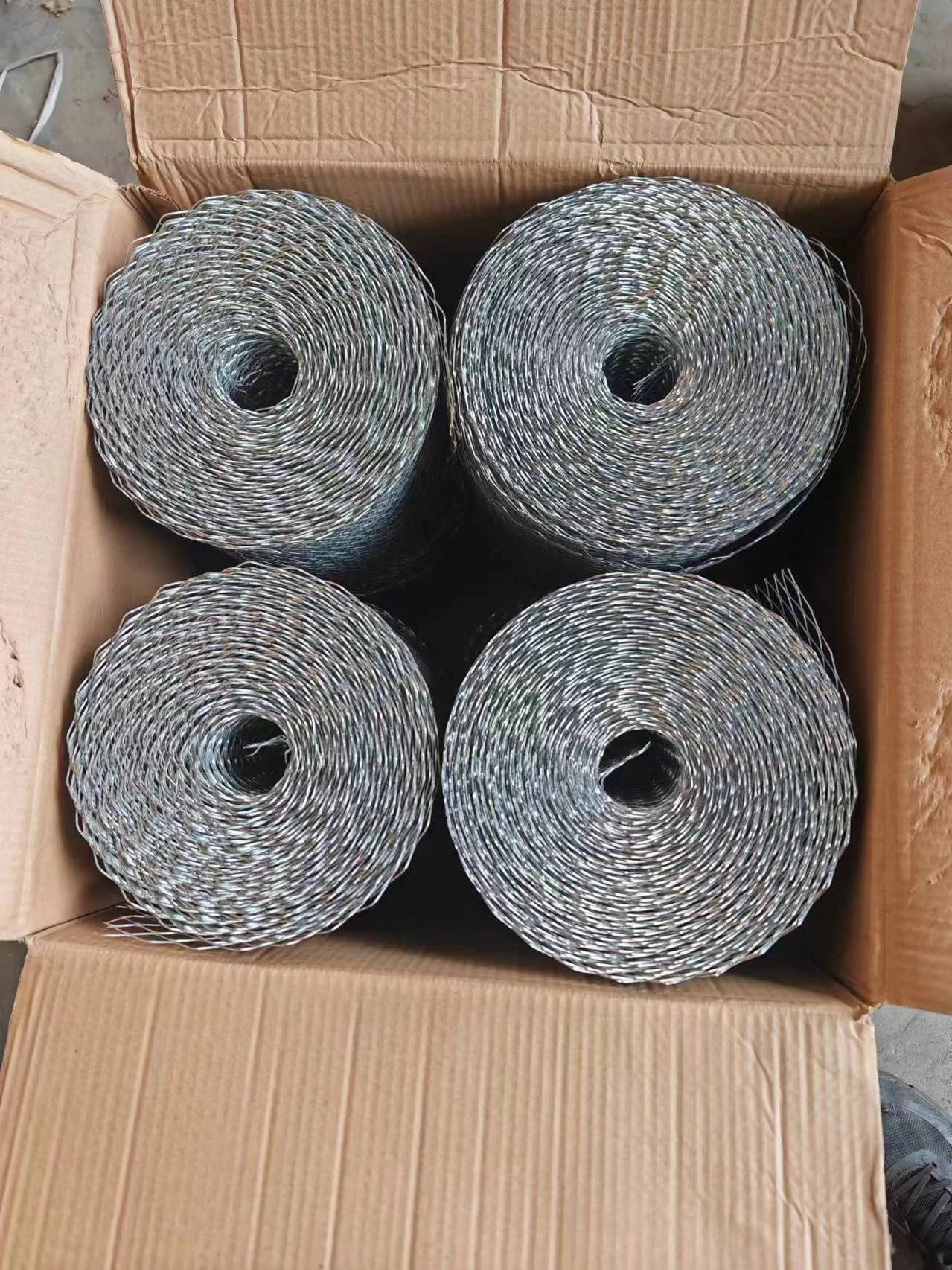

Masonry Nails The Stalwarts Against Stone When wood and drywall are not the materials in play, masonry nails offer a solution for attaching wooden elements to brick or concrete surfaces. These nails are crafted from hardened steel, providing the strength needed to penetrate stone without bending. For projects involving basements or stone walls, masonry nails are the trustworthy choice, offering a steadfast hold where others might falter. Their authority in dealing with dense materials is unmatched, proving indispensable in specialized masonry work. Roofing Nails The Guardians of the Elements For roofing projects, where withstanding the elements is crucial, roofing nails offer specialized functionality. These nails, typically galvanized for weather resistance, feature broad heads and sharp points to secure shingles against wind and rain. Their length can vary, depending on the thickness of the roofing materials. Seasoned roofers appreciate roofing nails for their reliability and resilience in protecting buildings from seasonal changes. Box Nails The Versatile Allies Lighter and thinner than common nails, box nails serve as a versatile option in situations where splitting the wood is a concern. They are particularly effective in thin wood and small construction projects. Experts often rely on box nails when constructing light frameworks or crafting wooden packaging due to their finesse and adaptability. Selecting the right type of nail for construction requires not only understanding the specific needs of each project but also knowledge of the materials involved. By choosing the right nail, one can ensure the construction is both aesthetically pleasing and structurally sound. This comprehensive understanding and expertise assure that each element, no matter how small, contributes significantly to the overall success and endurance of the construction project. Whether it is the unseen finishing nails or the robust framing nails, each type holds its unique place in the world of construction.

















